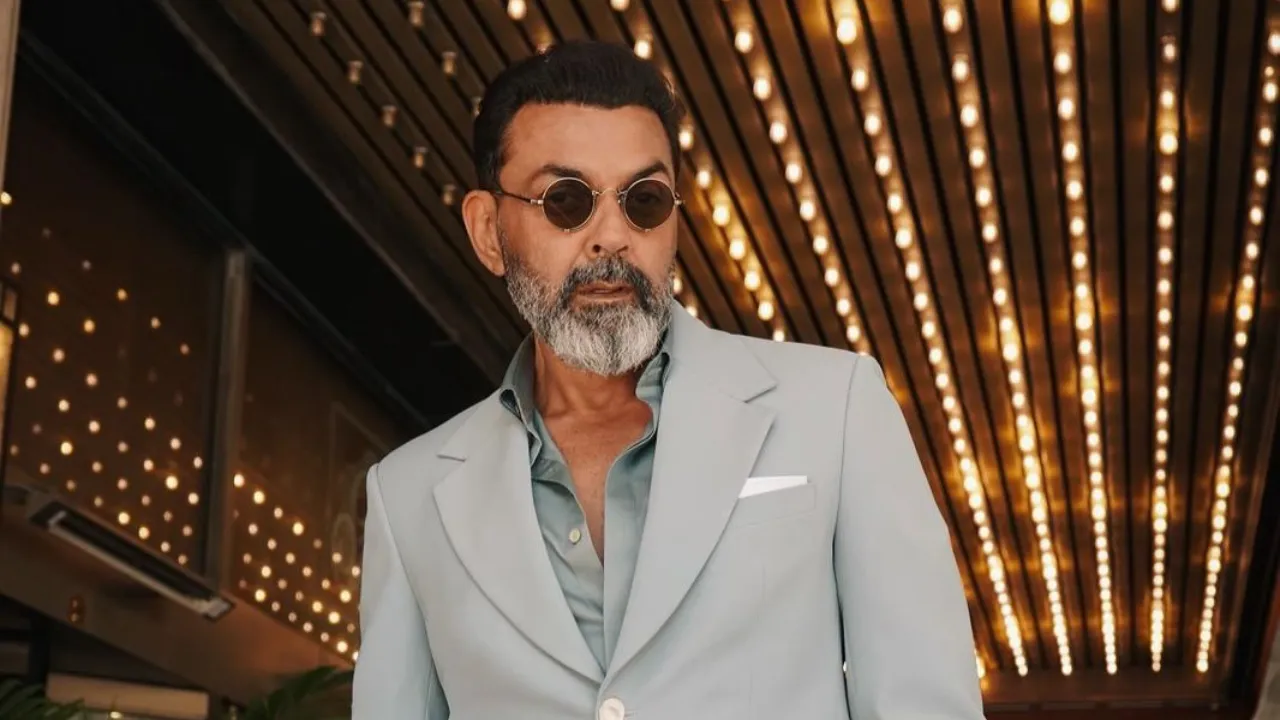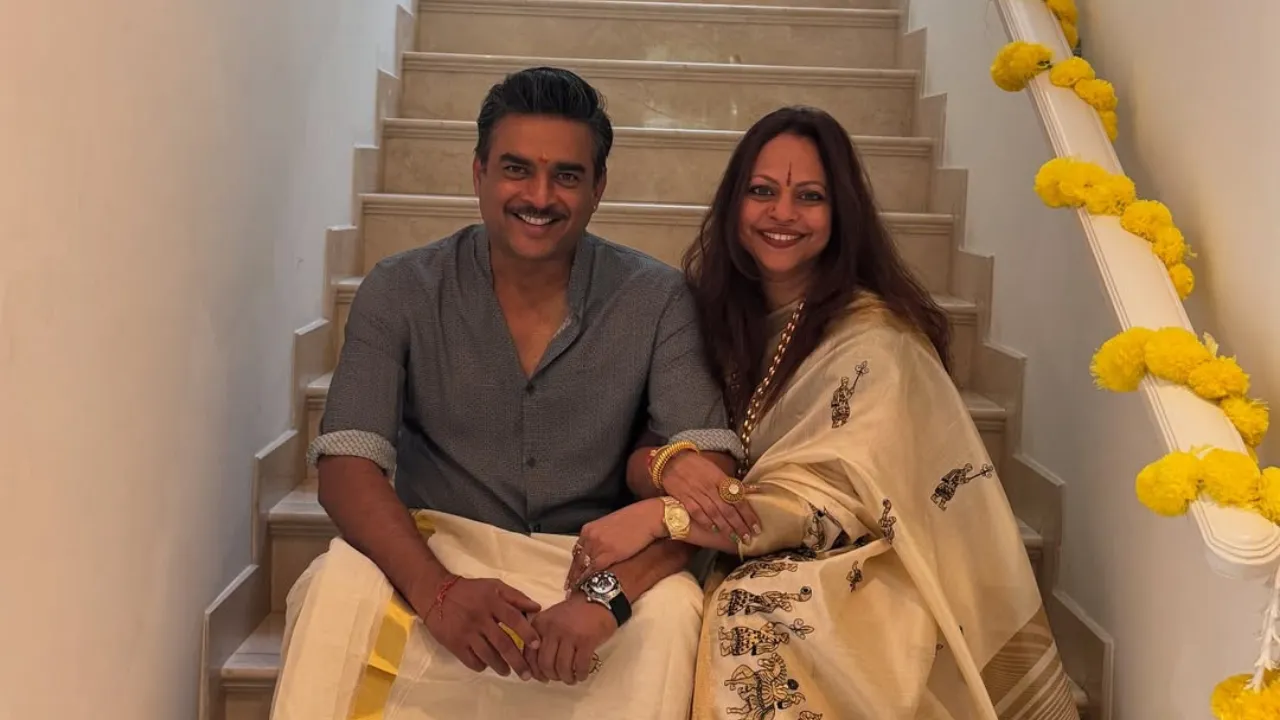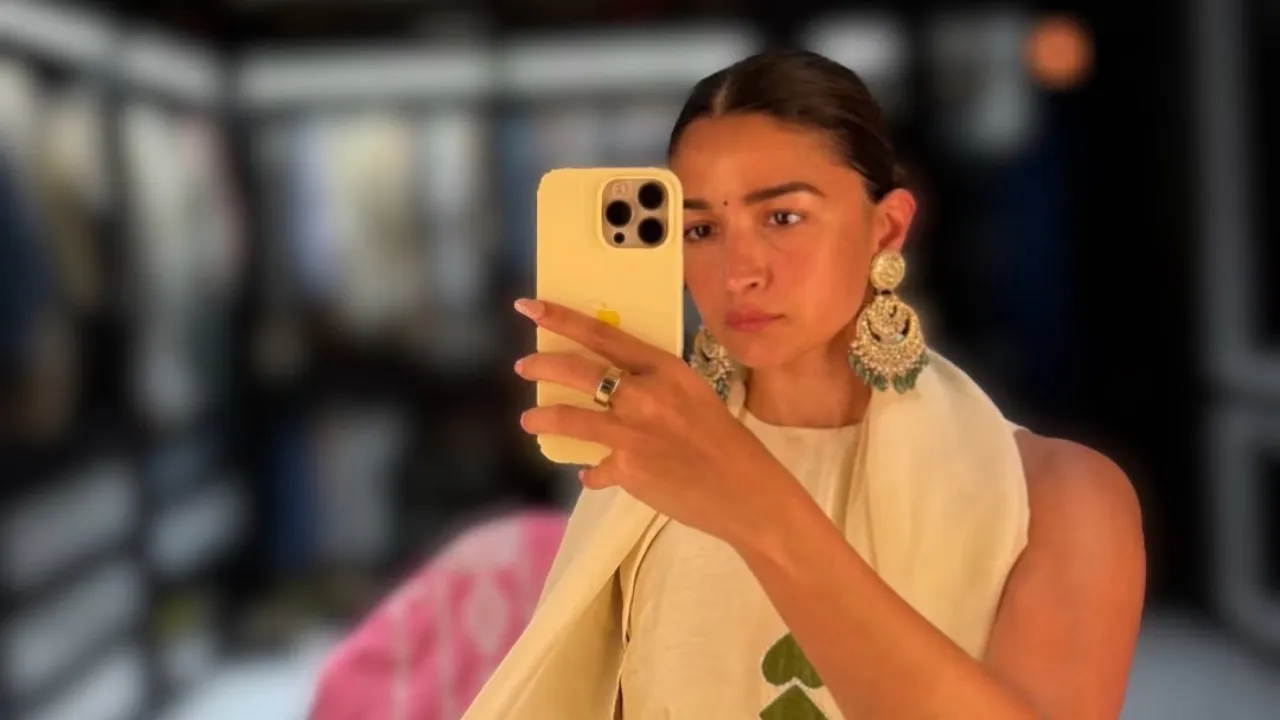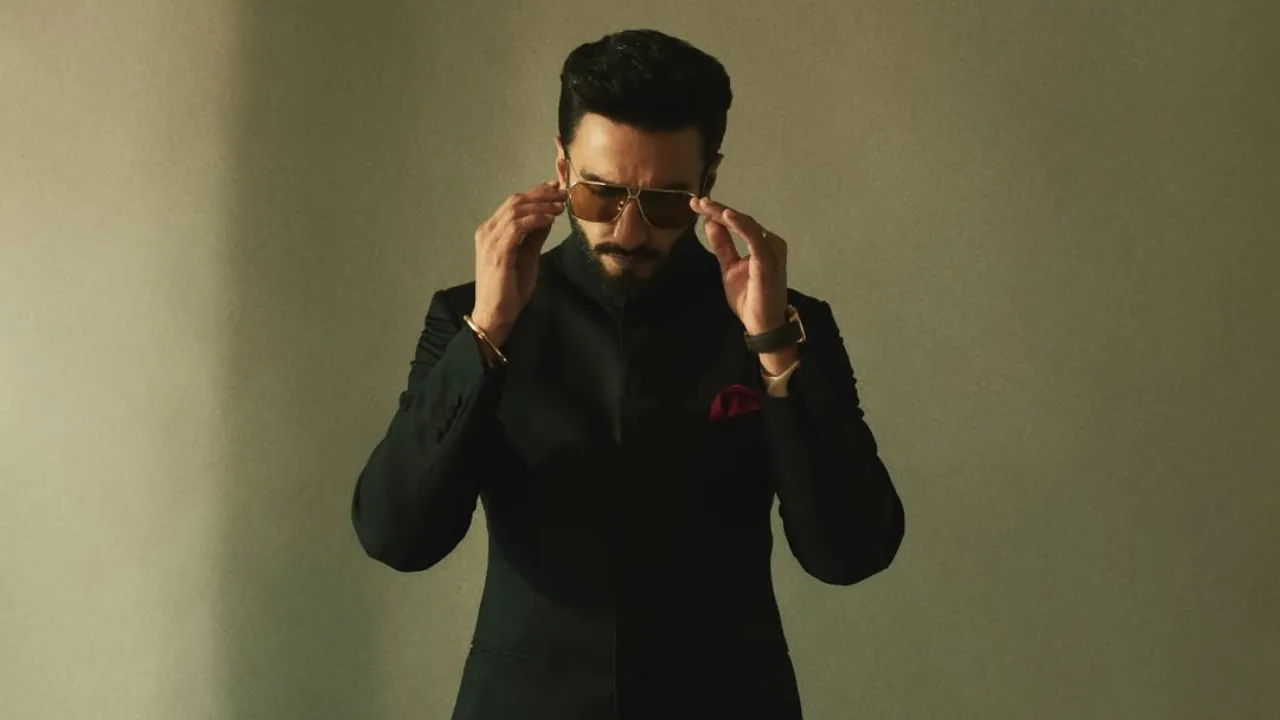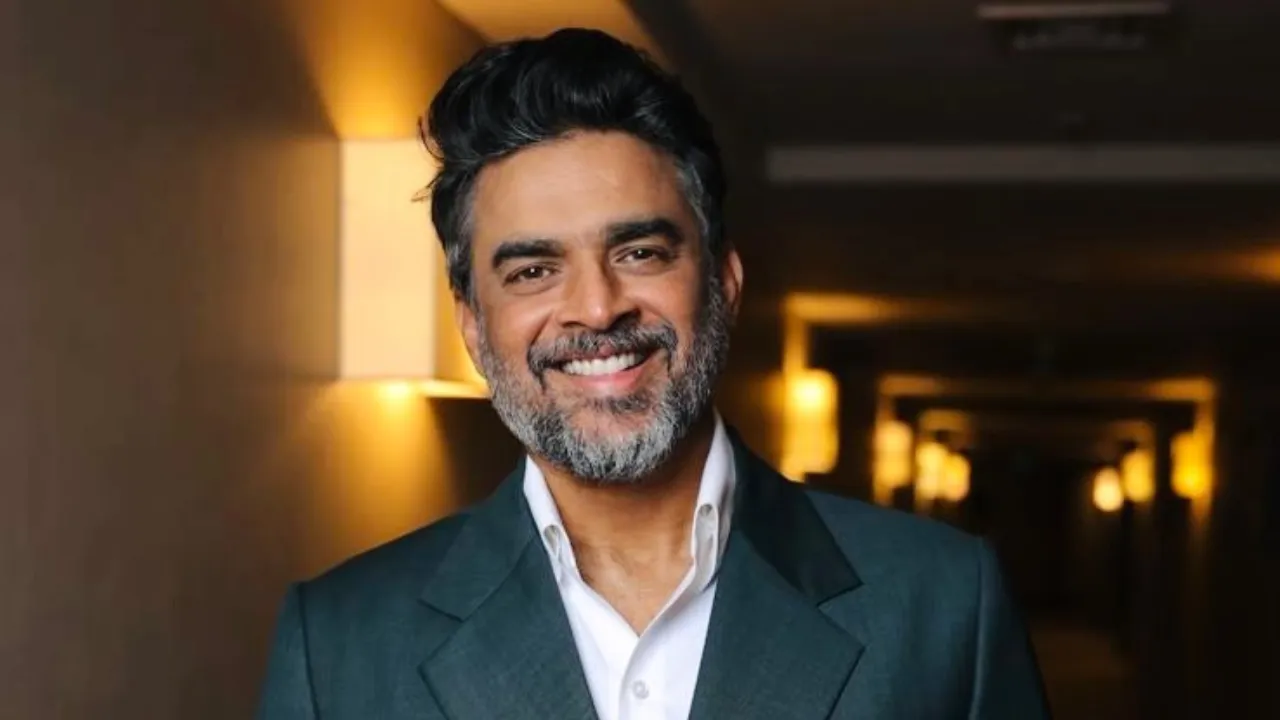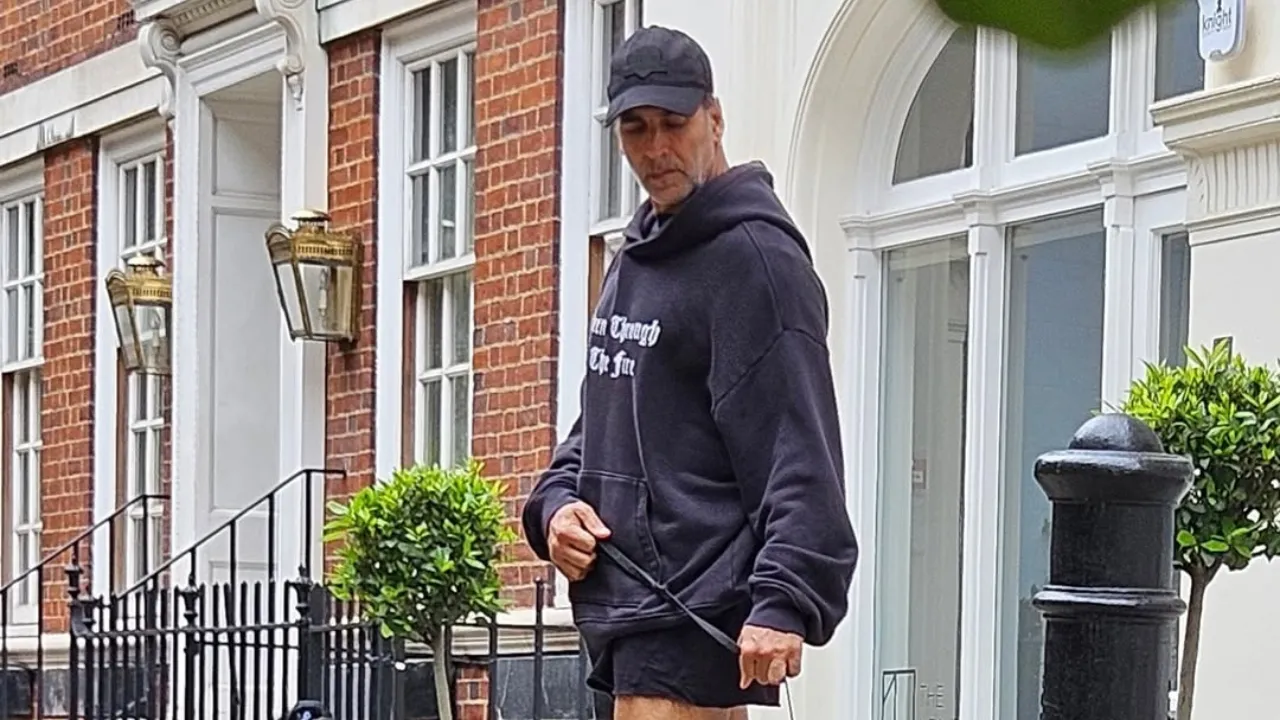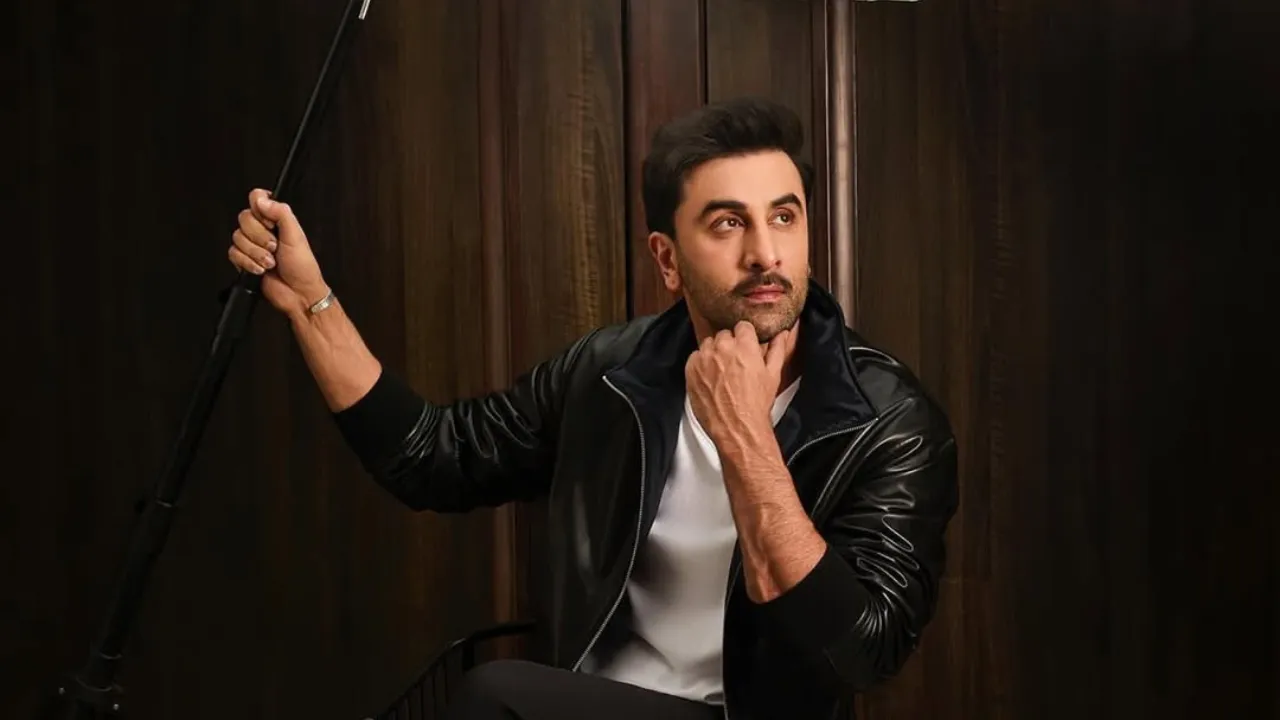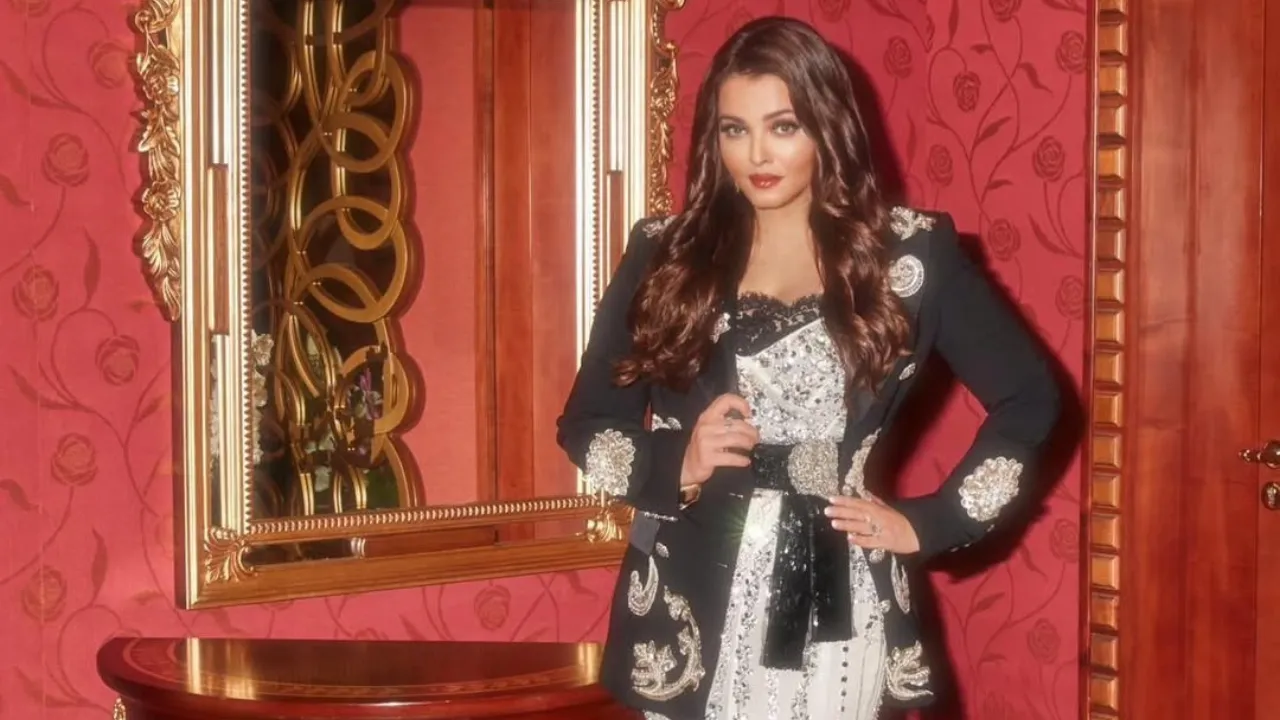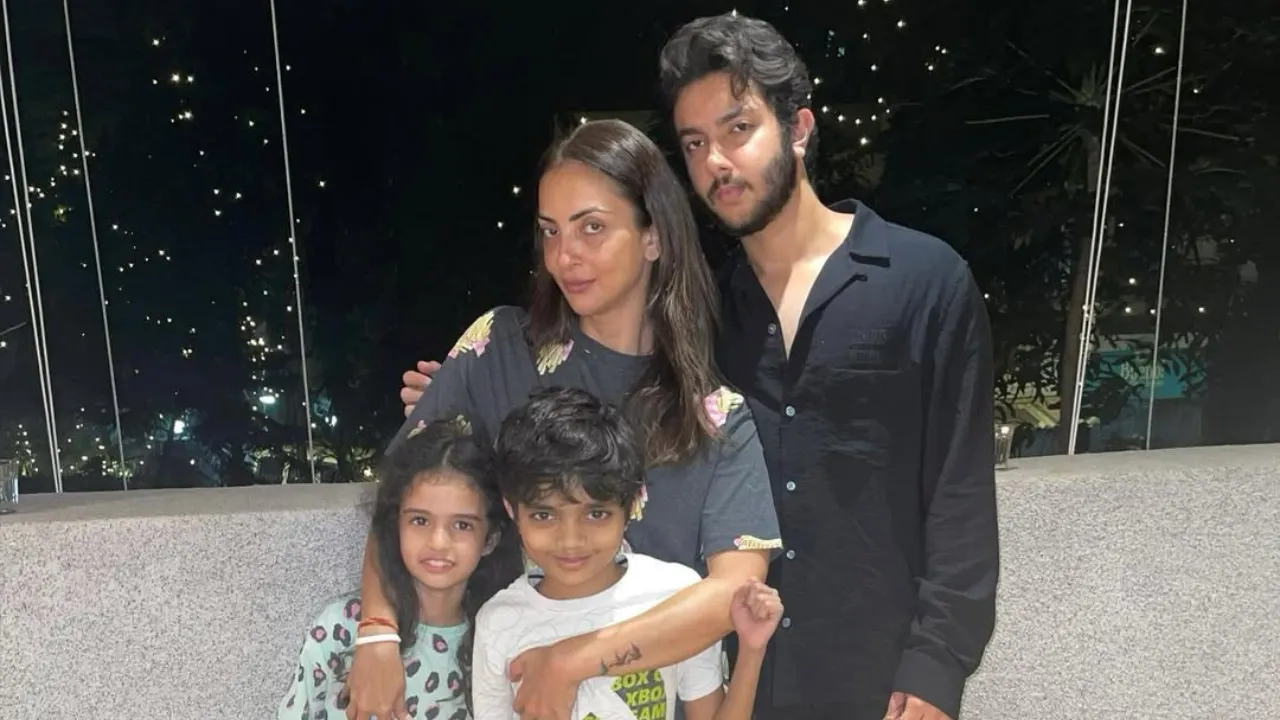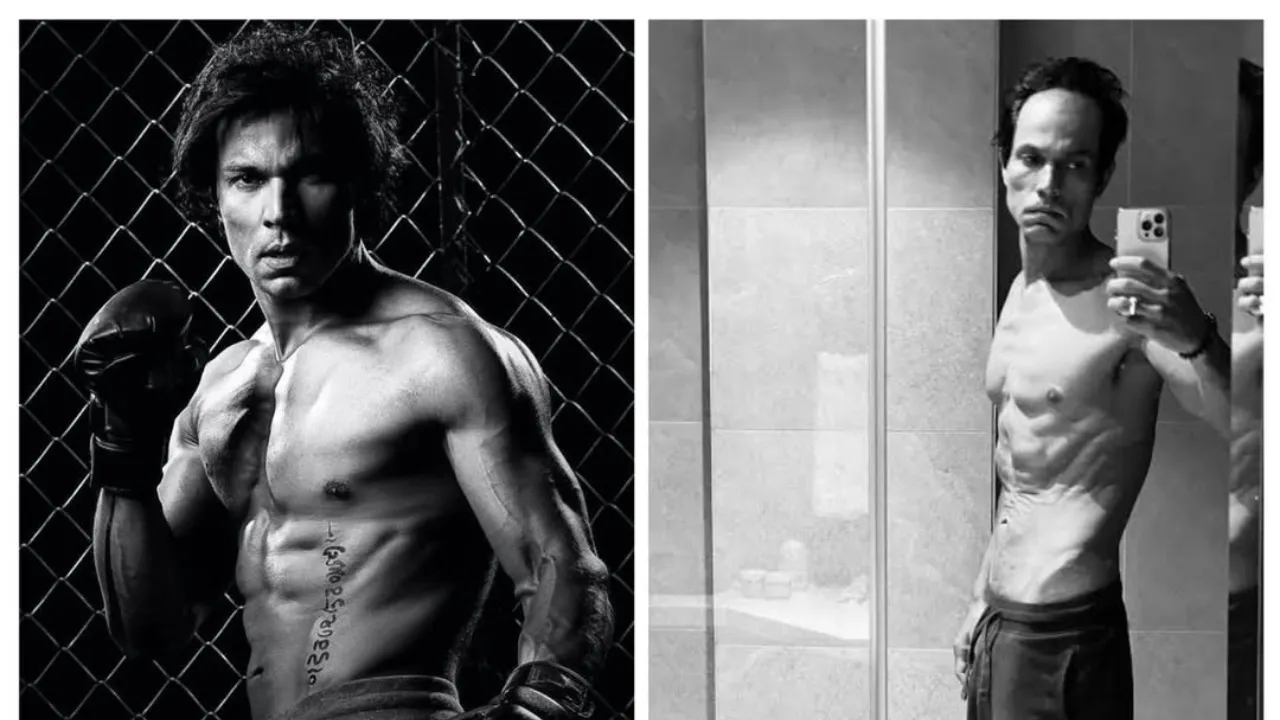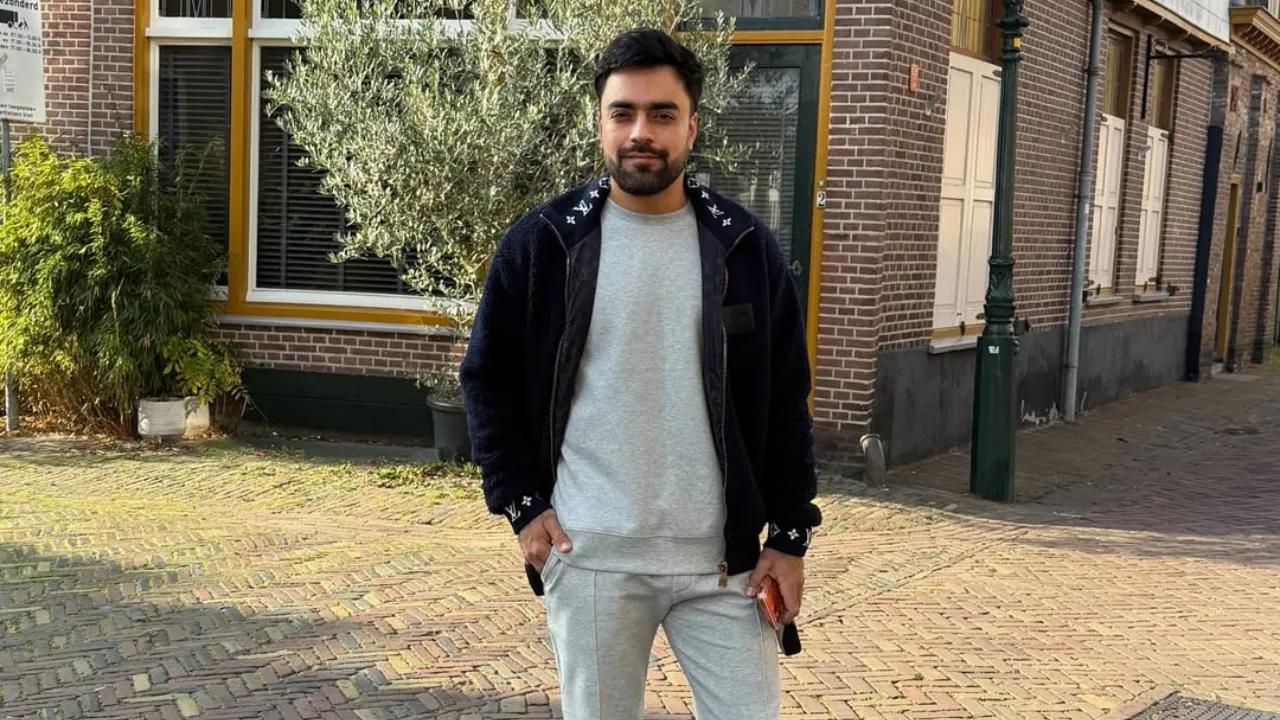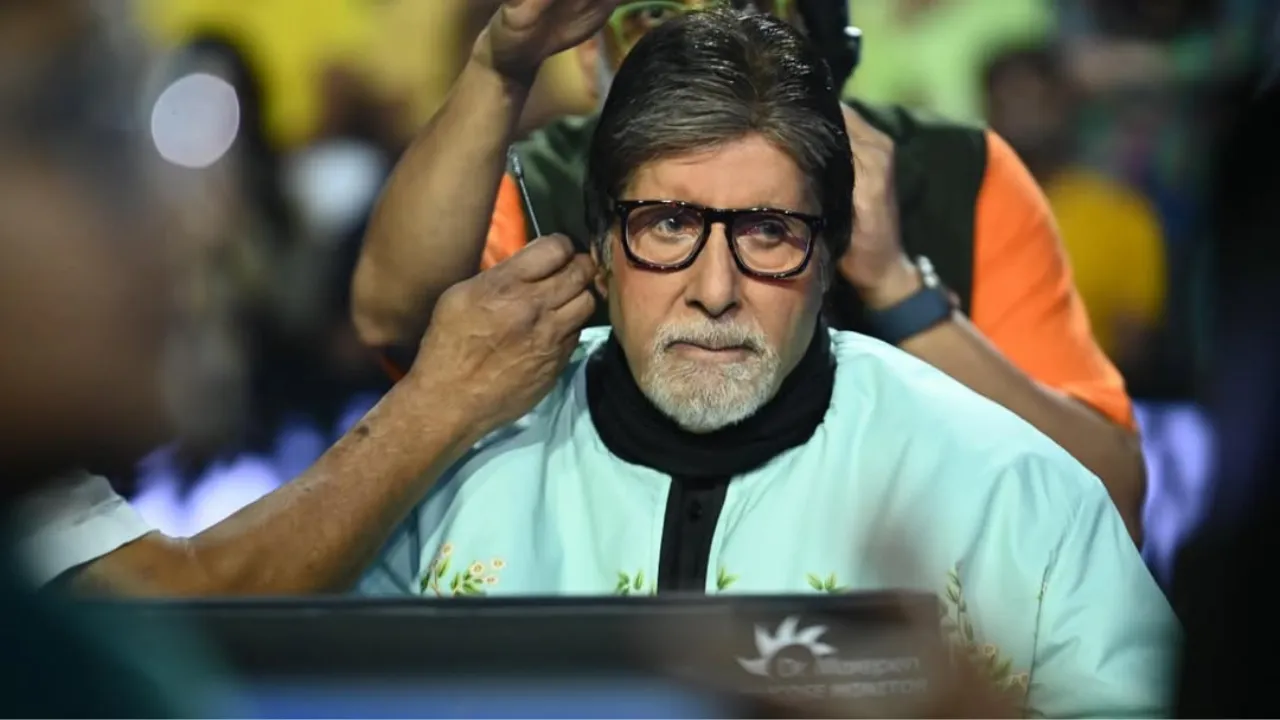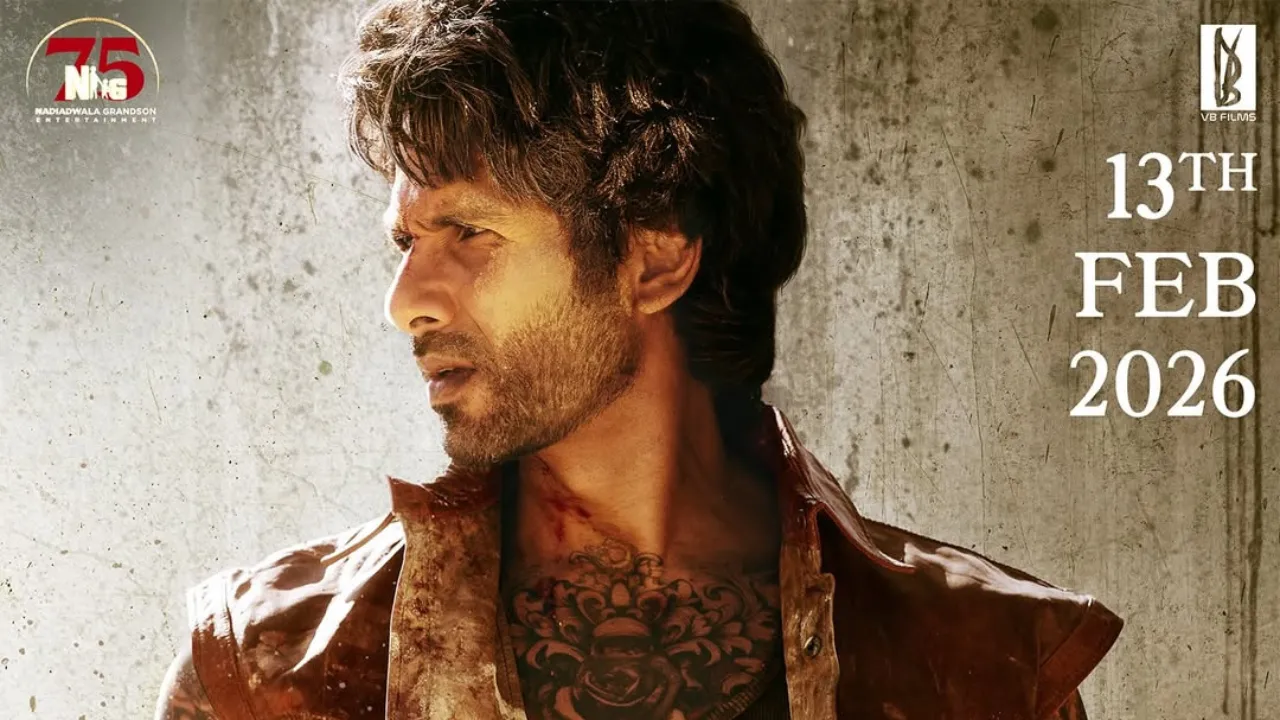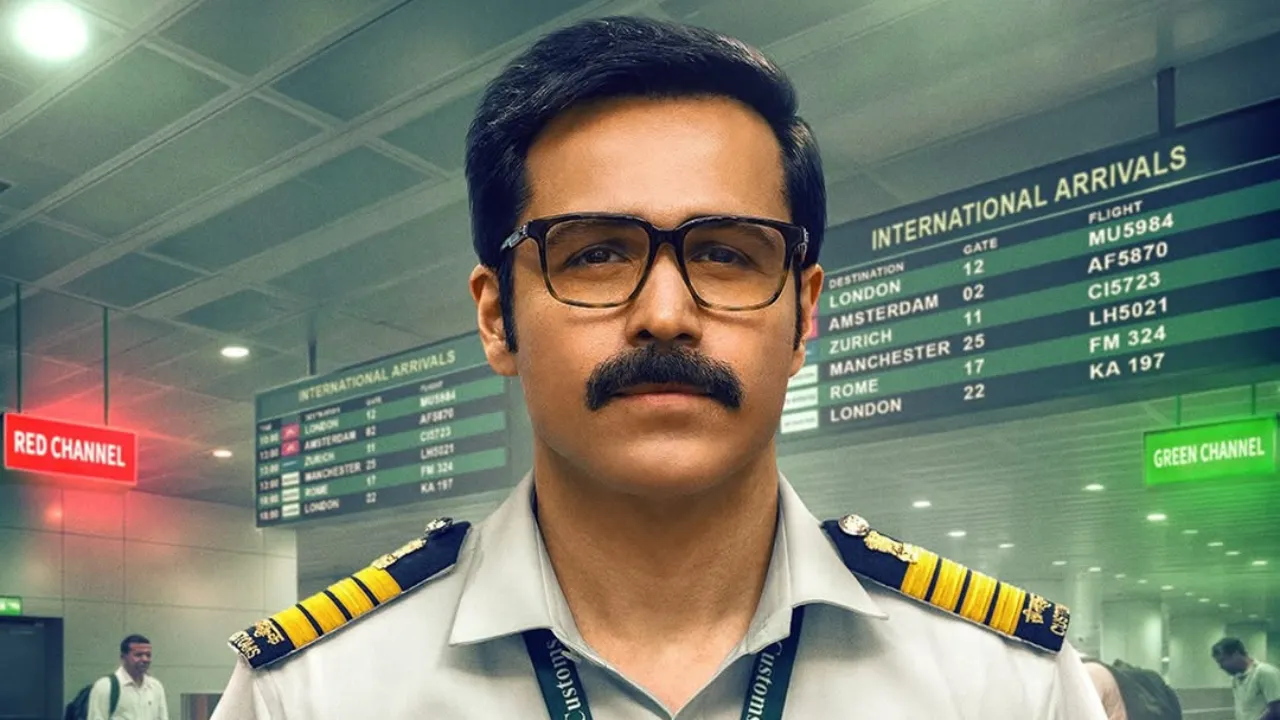I have completely given up alcohol: Bobby Deol — a clear, candid turnaround
Bobby Deol’s recent admissions about quitting alcohol are getting attention — and for good reason. The actor, who’s enjoyed a career resurgence in the past few years, has spoken openly about how giving up drinking changed his life and relationships. In a series of candid interviews he described sobriety as a decisive, healing step that helped him regain balance and focus.
Why Bobby Deol’s decision matters
Bobby Deol isn’t just a public figure announcing a personal choice. When a widely recognized actor talks about overcoming addiction and choosing sobriety, it creates space for more honest public conversations about mental health, family harm, and recovery.
He’s credited the change with improving how he relates to his wife and children, and said sobriety helped him reclaim clarity and self-respect. Those aren’t small claims — they point to the real, everyday benefits people often seek when they quit addictive substances.
Bobby Deol on the personal cost of drinking
In interviews, Bobby Deol described moments when alcohol changed his behaviour — times when family members felt scared, and when he withdrew from work and life. That honesty is significant: he didn’t sugarcoat the impact, and he recognised the consequences before choosing to change.
How long has Bobby Deol been sober?
According to recent reports, Bobby Deol has been sober for over a year. He has referred to the period of sobriety as transformative, not just for his career but for his closest relationships. That timeline helps ground his statements — this isn’t a fleeting experiment, but an established change in lifestyle.
What Bobby Deol said — key quotes and takeaways
Bobby Deol’s main points are straightforward:
- “Yes, I have [quit drinking], and it has really helped me.” This simple declaration captures both the action and its effect.
- He reflected that alcohol can be “more addictive than actual drugs,” and warned about its ability to harm close relationships. That perspective reframes common assumptions about addiction and highlights alcohol’s real risks.
- He thanked his wife for standing by him, saying that her patience and support were central to his recovery. That acknowledgement shows recovery is often relational, not just individual.
The wider context: Bobby Deol’s comeback and wellbeing
Bobby Deol’s professional comeback — strong performances and renewed public interest — has coincided with his personal turnaround. The clarity sobriety brings can help artists commit to demanding roles, maintain schedules, and manage public life with steadiness.
But beyond work, the most valuable outcome he emphasises is the restoration of trust and calm at home. For many readers, that’s the practical measure of success: is life actually better after the change? For Bobby Deol, the answer has been yes.
Lessons readers can take from Bobby Deol’s story
Bobby Deol’s experience contains a few practical lessons that apply to others:
- Honest self-appraisal matters. Admitting a problem to yourself is the first step toward solving it.
- Support systems are crucial. Deol repeatedly credits family — especially his wife — as essential to his recovery.
- Recovery takes time. His “over a year” of sobriety highlights that sustainable change is gradual.
If alcohol is affecting you: practical, non-judgmental steps
Bobby Deol’s story can inspire, but recovery paths differ. If alcohol is harming your life or relationships, consider these practical steps:
- Talk to someone you trust. A single honest conversation can break isolation.
- Seek professional help. A doctor, counsellor, or addiction specialist can offer tailored plans.
- Look into peer support groups. Local or online sobriety groups offer structure and community.
- Make small, sustainable changes. Immediate total abstinence works for some, but incremental goals can help others.
If you’re in immediate danger or worried about withdrawal, contact medical services right away. Recovery is personal; professional guidance makes it safer and more effective.
Why Bobby Deol’s openness helps reduce stigma
When celebrities like Bobby Deol share setbacks and recovery, it normalises vulnerability. It tells fans and the wider public that addiction isn’t a moral failing; it’s a health issue people can address with help. That shift reduces shame and encourages more people to seek support early.
His honesty — about being feared by family at times, about overheard moments that prompted change — humanises recovery. It’s not glamorous. It’s often painful, slow, and relational. But it’s possible.
Final thoughts: Bobby Deol’s sobriety is a step, not the finish line
Bobby Deol’s announcement that he has “completely given up alcohol” is a meaningful, concrete step. It’s a decision backed by time — over a year of sobriety in public reports — and shaped by family support and self-reflection. For fans, it’s both a human story and a hopeful example of change.
If you’re inspired by his journey, remember the two key takeaways: recovery is possible, and asking for help is a strength, not a weakness. Bobby Deol’s path shows that choosing sobriety can bring clarity, repair relationships, and help a person show up more fully in life and work.
Also Read: Hrithik Roshan’s Post Sparks Krrish 4 Buzz!
